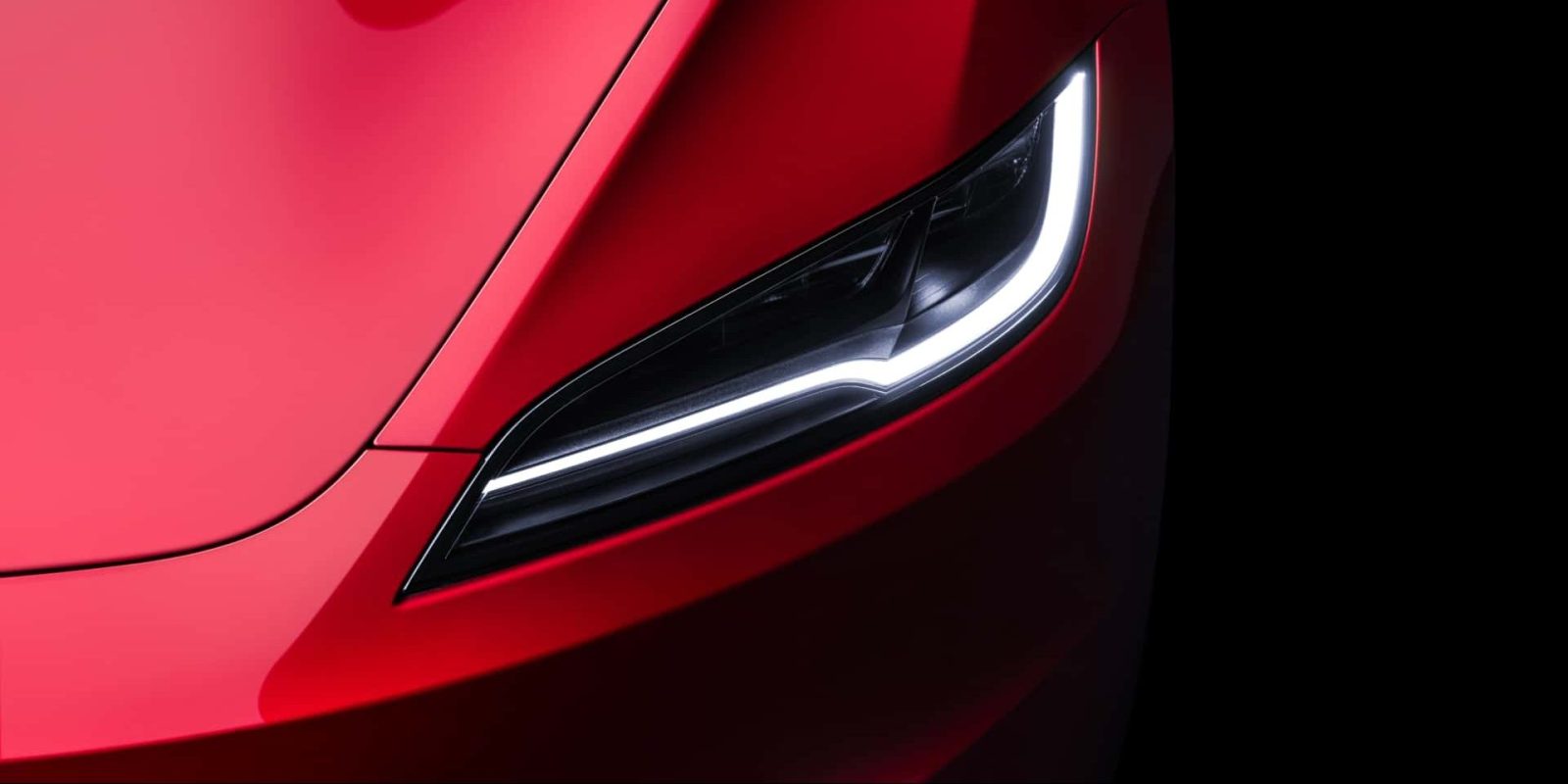
According to reporting from the Financial Times, Tesla and India’s long courtship ritual could finally be making real progress. Negotiations appear to be on a path that would make it possible for Tesla to sell its existing cars in the country while it works on plans for a local manufacturing facility.
According to the report, the Indian government is considering sharply reducing its tariffs on imported electric vehicles — among the highest in the world — for a period of five years. Presently, the tariff in India assessed on any foreign EV costing under approximately $40,000 is 70%, with EVs over $40,000 subject to a 100% tariff. That means a brand like Tesla’s cars would cost double their MSRP, a cost that would be passed on to the customer — making them a nonstarter for virtually anyone.
Under the proposed scheme, India would lower the EV tariff to 15% for five years, though it’s unclear if the tariff would be higher or lower depending on vehicle MSRP or flat across vehicles of all prices. The reporting suggests that Tesla must commit to building a manufacturing facility in the country to be eligible for the tariff reduction. Elon Musk had raised hopes of a deal like this coming to fruition with comments made in passing earlier this year, alongside reporting that Tesla sought to build a factory for a $24,000 vehicle in the country. Today’s news appears to confirm earlier reports on the subject back in May.
This Financial Times report is the first time we’ve had a sense of exactly how a Tesla-India deal would be architected. A senior Indian commerce minister is traveling to San Francisco for the APEC summit this week, and one of FT’s sources suggests this person could meet Elon Musk while there to discuss the deal. Granted, none of this is official — it’s all hearsay, seemingly from sources close to the Indian government.
Notably, FT’s report says the deal offered to Tesla would be open to all carmakers, but it’s unclear what exactly would be required for eligibility under the reduced tariff scheme. Minimum production commitments could conceivably be a component.
Electrek’s Take
Given the back-and-forth between Tesla and India over the past few years, it’s tough to take this report with anything but a massive grain of salt. But it’s worth discussing, especially given the comparative reputability of the reporting source here.
India is a country with an absolutely tiny EV share — electric cars make up under 2.5% of all auto sales in the country. And of those EVs, the overwhelming majority are cheap sub-$10,000 microcars, the likes of which I could never see Tesla producing. However, India is a truly massive country of over 1.4 billion people with a rapidly rising standard of living, and even a tiny share of a vast market could meaningfully impact Tesla’s global sales.
It’s hard to imagine what charging infrastructure would be like living with a Tesla in India, a country with highly inconsistent infrastructure development and a power grid that can become highly unstable, especially during the hot summer months. But as India continues to develop and modernize, it seems inevitable such difficulties will ease over time.
Whether this tariff deal actually ends up going anywhere is a whole other question. But this is the greatest level of detail we’ve seen for a potential agreement between the Indian government and outside automakers to make EV sales in the country a viable prospect. Tesla’s motivations here are clear: It wishes to begin selling cars in the country before it develops local manufacturing capacity to capitalize on existing demand for EVs. Given difficult economic conditions globally, the Indian government may also be feeling pressure to get high-profile manufacturing commitments at home and more willing to budge than it has in the past. Until the ink is dry, though, nothing here is certain.
FTC: We use income earning auto affiliate links. More.
